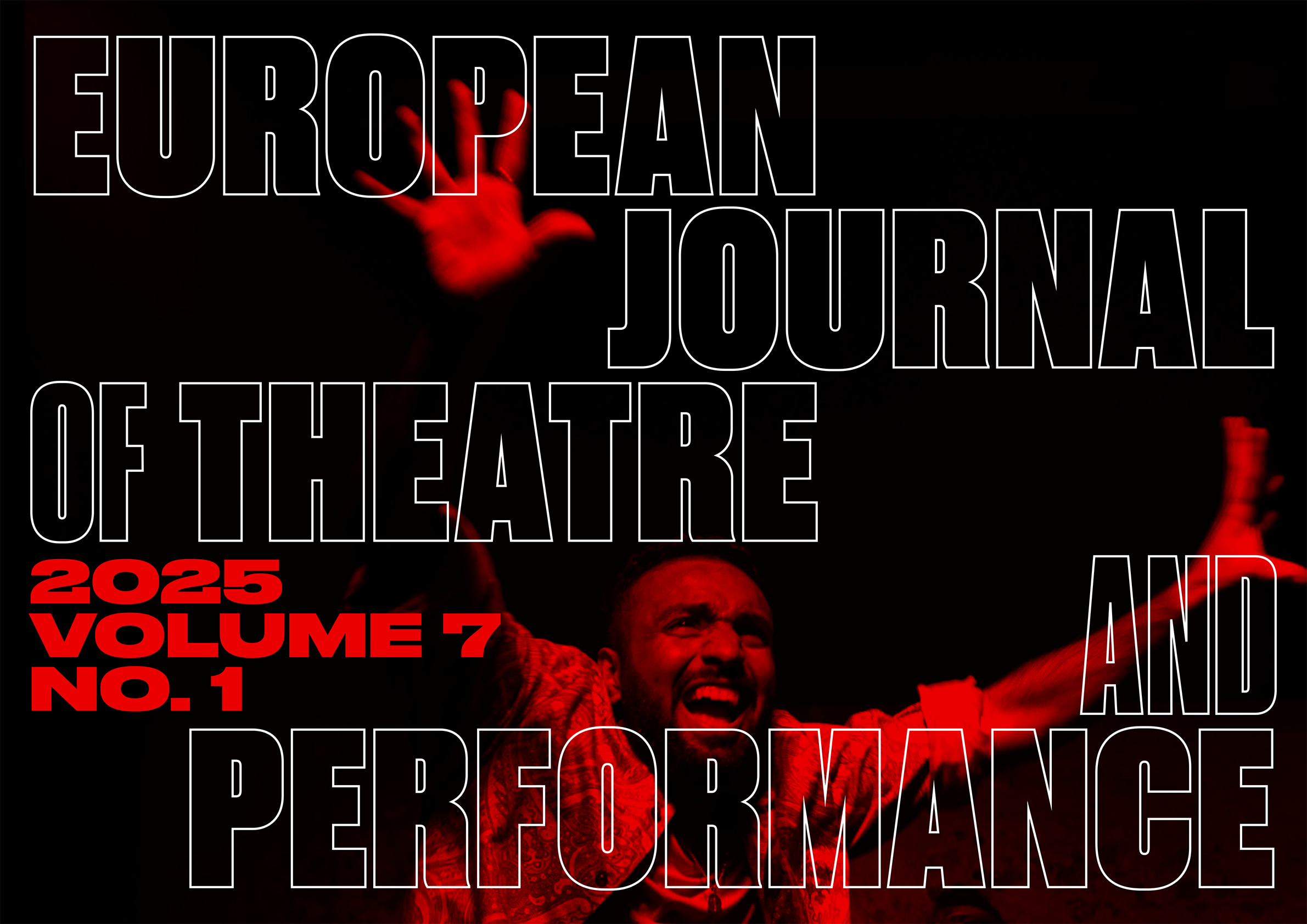Andrei Șerban and a Romanian Post-Exilic Experience: Contributions to the Renewal of the National Theatre (1990–1993)
DOI:
https://doi.org/10.21827/ejtp.7.1.42829Keywords:
Andrei Șerban, National Theatre of Bucharest, exile, nationalism, Romanian post-communist theatreAbstract
The article explores the post-exilic experience of Andrei Șerban following the fall of Ceaușescu’s communist dictatorship in late 1989, when he returned from the USA and was appointed general director of the ‘I.L. Caragiale’ National Theatre of Bucharest. His tenure between 1990 and 1993 was the most productive in the history of the National Theatre up to that point, and was seen as a revolutionary period, when Șerban recreated the legendary performance An Antique Trilogy, initially played at La MaMa Theatre in New York in the 70s under the title Fragments of a Greek Trilogy. By examining issues of nationalism, exile, and patriotic sentiments connecting the theatrical stage with the social stage of that moment, this article examines the contributions of the artist to the renewal of the national stage and of the national cultural identity in post-communist Romania between 1990 and 1993. The theoretical framework draws from studies on exile and research in nationalism.
Published
Issue
Section
Copyright (c) 2025 Isabella Drăghici

This work is licensed under a Creative Commons Attribution 4.0 International License.

